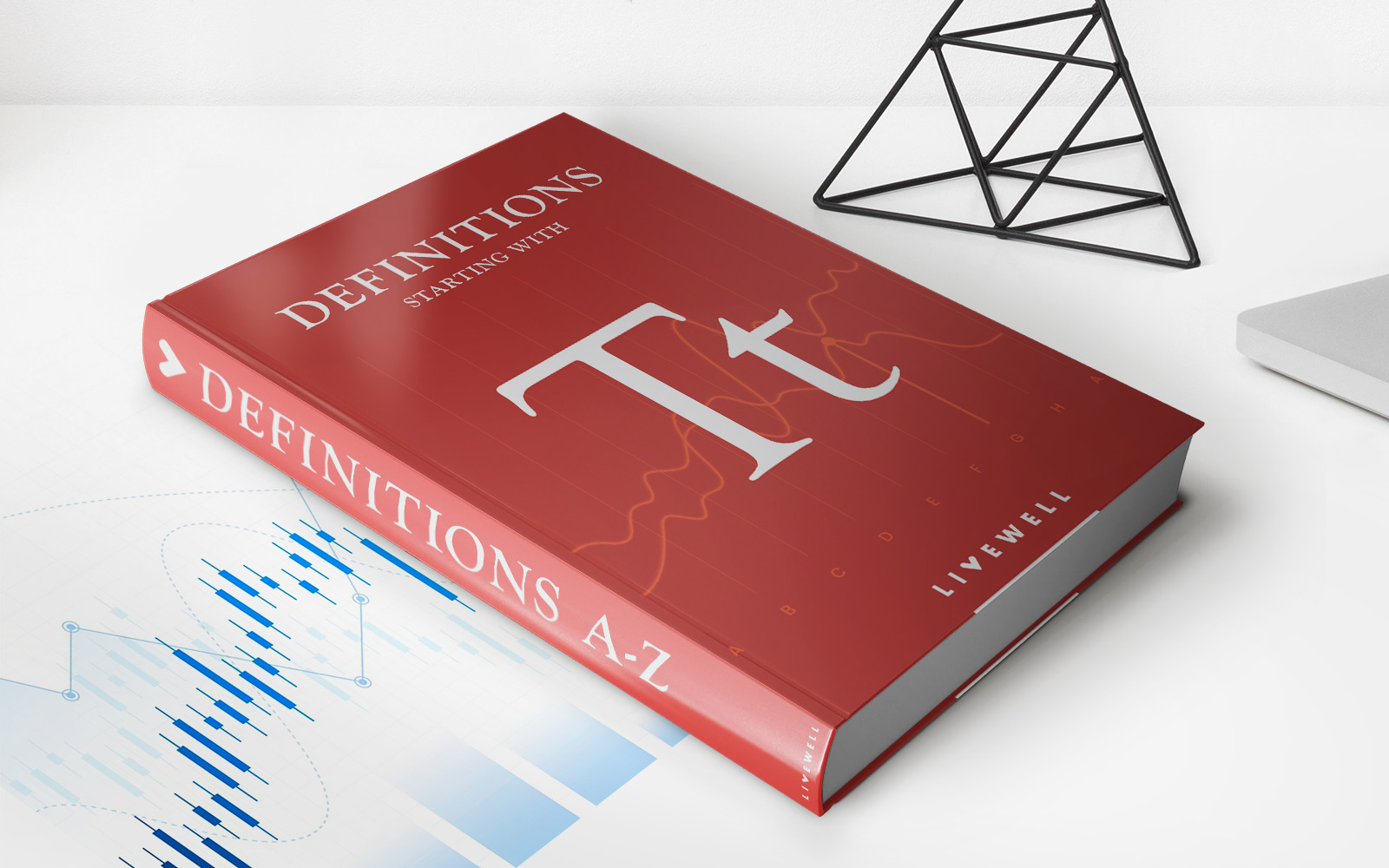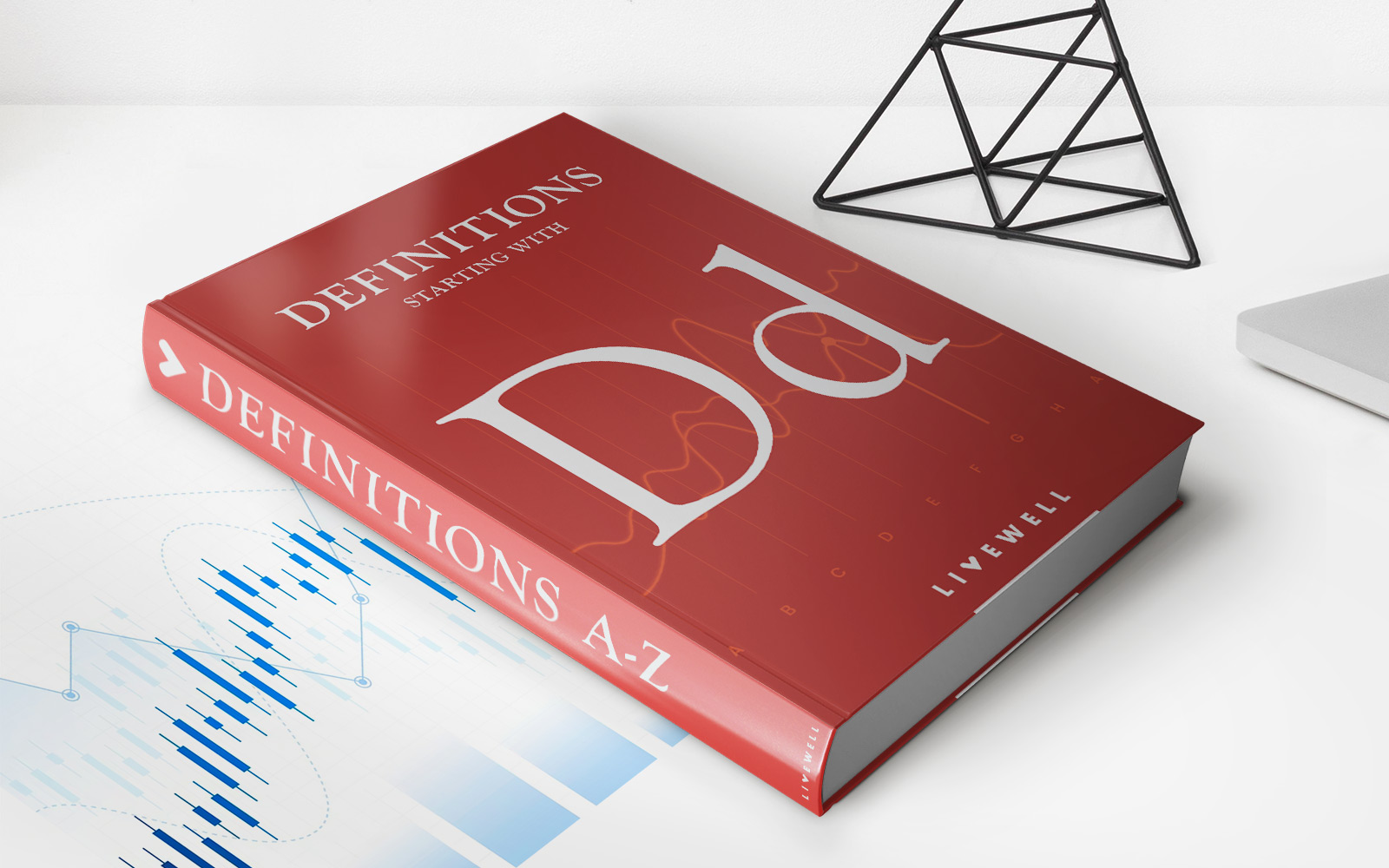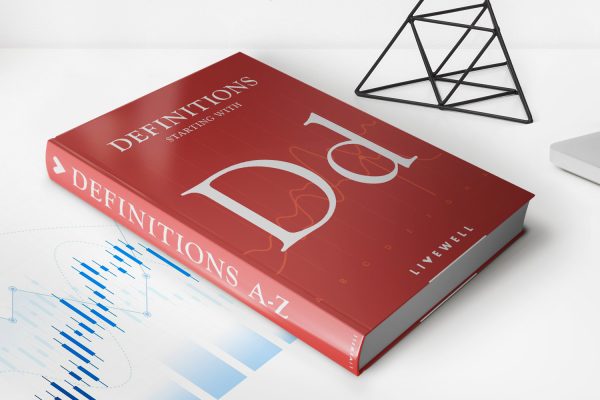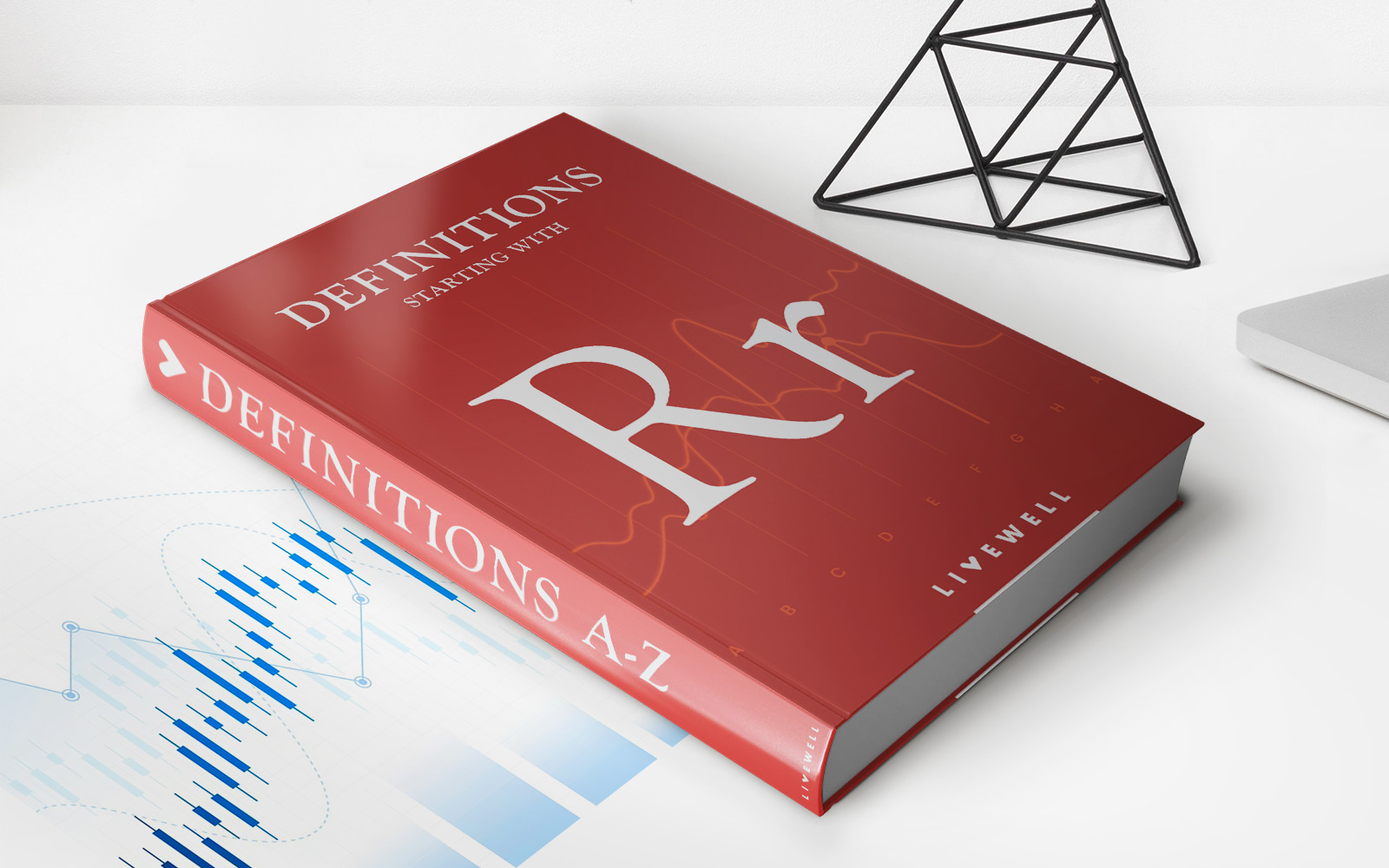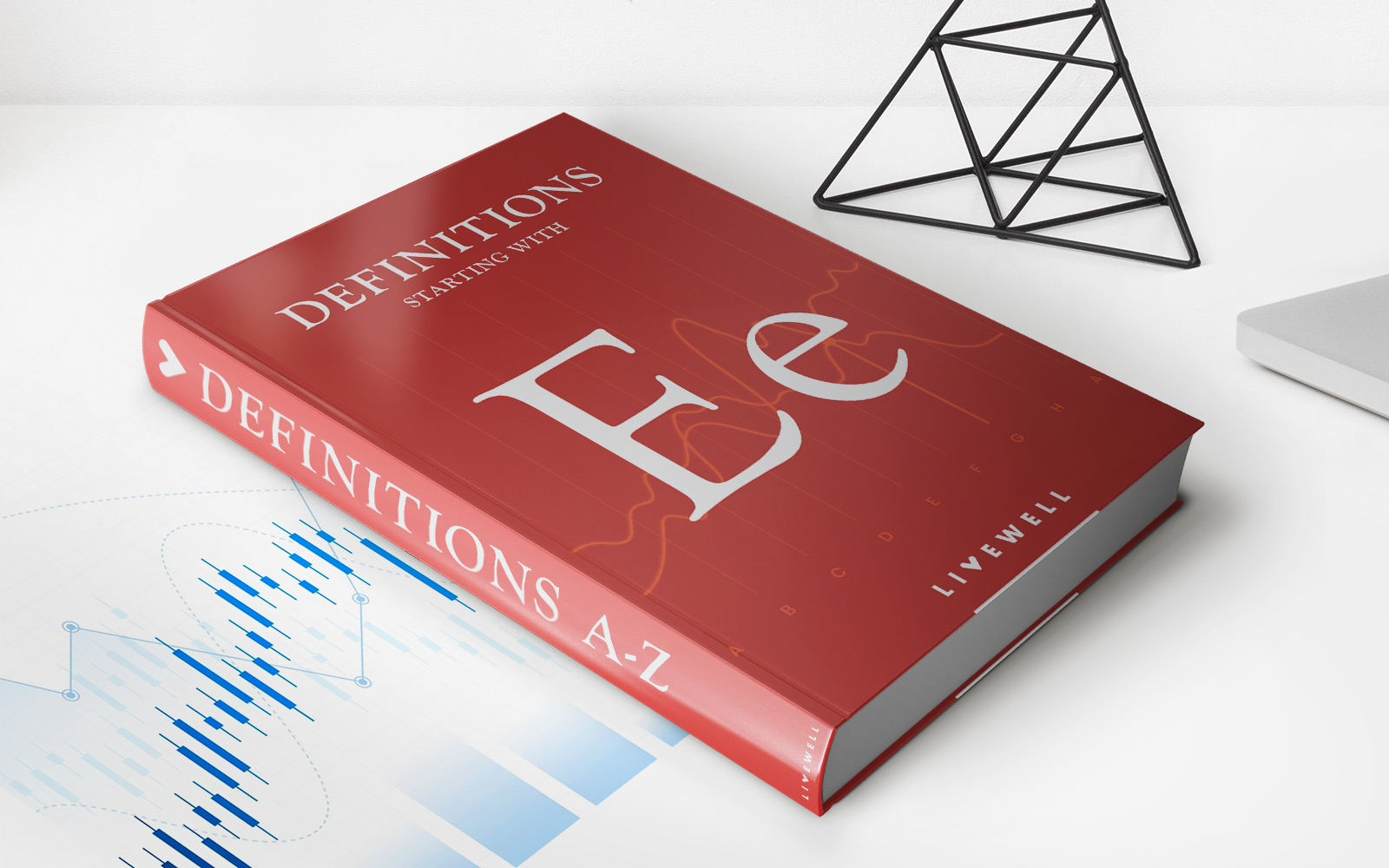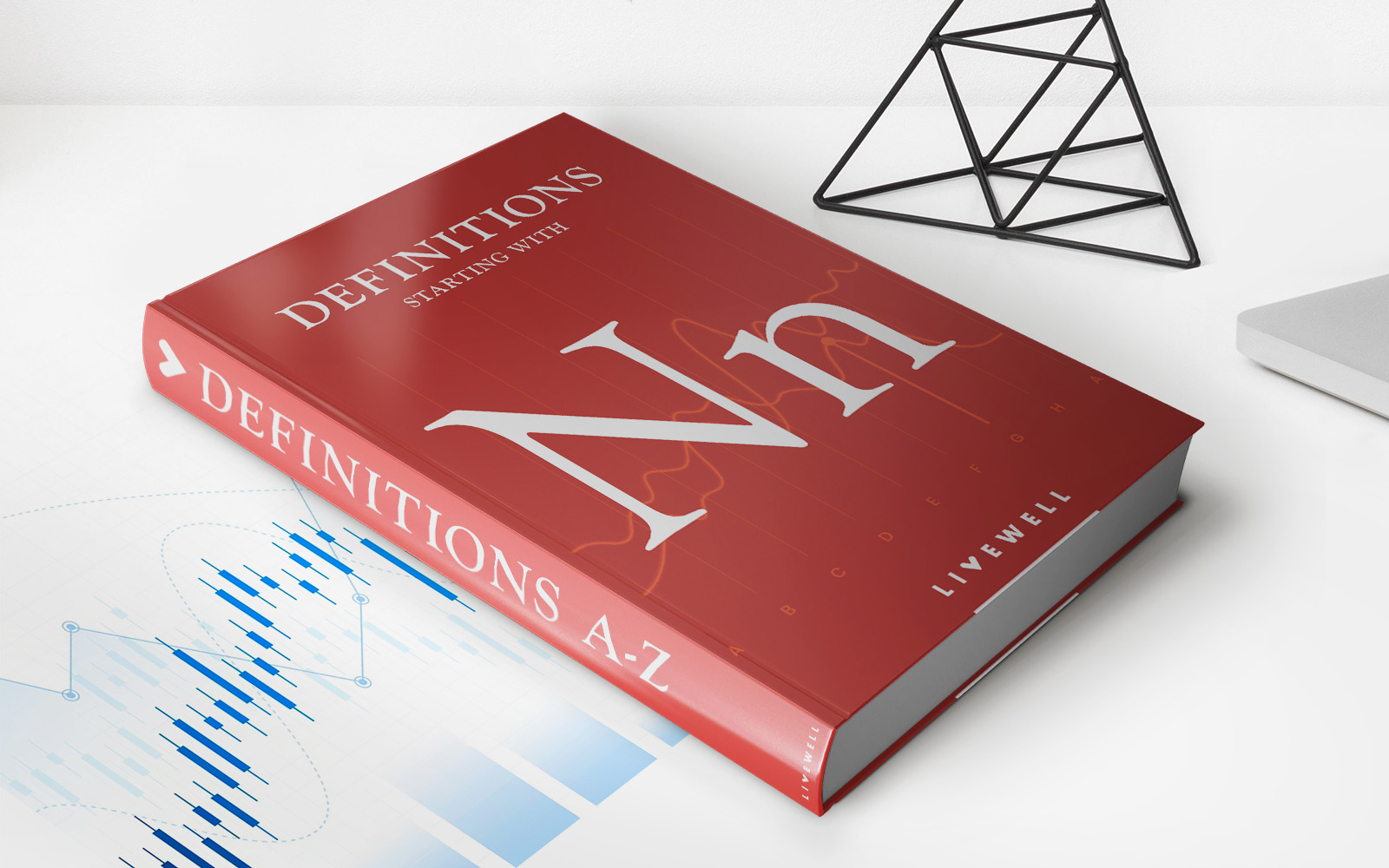

Finance
Nonpersonal Time Deposit Defined
Published: January 1, 2024
Learn what a nonpersonal time deposit is in the finance industry. Discover its definition, features, and how it can benefit investors.
(Many of the links in this article redirect to a specific reviewed product. Your purchase of these products through affiliate links helps to generate commission for LiveWell, at no extra cost. Learn more)
Finding Financial Stability: Understanding Nonpersonal Time Deposit Defined
As we navigate through the world of finance, it’s crucial to arm ourselves with knowledge and understanding of various financial instruments. Today, we’ll dive into the realm of nonpersonal time deposit defined and explore its significance in the finance industry. So, what exactly is a nonpersonal time deposit? How can it work in your favor? Let’s find out!
Key Takeaways:
- A nonpersonal time deposit is a fixed-term, interest-bearing deposit made with a financial institution by an entity that is not a natural person.
- These deposits are typically utilized by businesses, governmental organizations, and non-profit entities to safeguard their excess funds and earn interest.
A nonpersonal time deposit is a financial instrument that provides organizations with a secure option to store their surplus funds while earning interest. Unlike personal time deposits, which are commonly used by individuals, nonpersonal time deposits are specifically designed for entities that are not natural persons. These entities can include businesses, governmental organizations, non-profit entities, and more.
Now, you may wonder what makes nonpersonal time deposits different from other types of deposits. The answer lies in their fixed-term nature and interest-bearing feature. When an organization opens a nonpersonal time deposit, they agree to keep their funds untouched for a specified period, known as the term or maturity period. During this time, the financial institution pays them interest on their deposit.
Here are a few reasons why nonpersonal time deposits may be an attractive option for organizations:
- Higher Interest Rates: Nonpersonal time deposits often offer higher interest rates compared to traditional checking or savings accounts. This can result in more significant earnings for the organization.
- Financial Stability: By locking funds into a fixed-term deposit, organizations have the assurance of stability and protection against market fluctuations.
- Asset Diversification: Nonpersonal time deposits provide an opportunity for organizations to diversify their investment portfolio by allocating funds to a secure and low-risk instrument.
- Safekeeping: With a nonpersonal time deposit, organizations can trust that their excess funds are safeguarded by the financial institution.
Considering these advantages, it’s important to note that nonpersonal time deposits may be subject to certain restrictions, such as penalties for early withdrawals or limitations on access to the funds during the term. Organizations should carefully assess their financial needs and plans before committing to a nonpersonal time deposit.
In conclusion, understanding the concept of nonpersonal time deposit defined brings us one step closer to financial stability. Knowing how this financial instrument works can help organizations make informed decisions about managing their surplus funds. By exploring options like nonpersonal time deposits, organizations can maximize their earnings, diversify their investments, and ensure the safety of their assets. So, next time you encounter nonpersonal time deposits in the world of finance, you’ll be well-prepared to make wise choices for your organization’s financial well-being.
